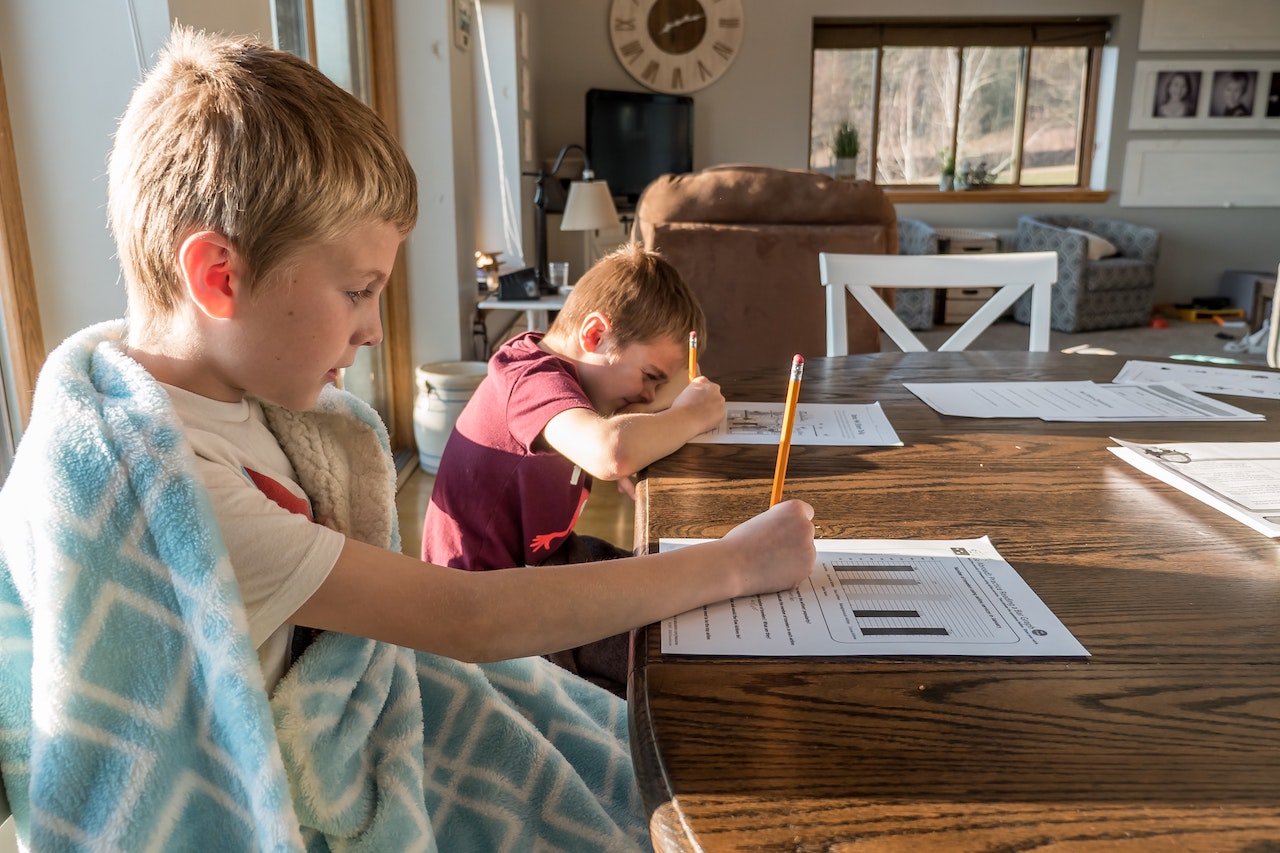The Wall Street Journal recently published an article exploring the long term effects of the time students have lost in school. The effects, according to their findings, are going to be permanent, which should be of little surprise. Missing, for instance, 180 days of Algebra cannot be made up by accelerating the student in next year. They will essentially be a year behind their peers.
However, this is not an even loss. Most private schools have been able to return to at least a portion of in-person instruction, while public schools have generally remained in distance models. They have continued their educational experience at roughly the same rate as pre-pandemic.
What does this mean for the post-pandemic era? Presumably next year when schools return to their in person academics, it will be quite a mess to sort it out. Will some students who had less support during these times need to be held back a year? Worse, will the school keep them in the same class, bringing down the average ability of the skill level?
Regardless of these disastrous messes, there is only one thing that remains crystal clear: those who have had access to academic resources to keep them on course will have a massive advantage over those that didn’t. Schools will be more stratified than ever, and the ramifications are fascinating when it comes to college admissions, in particular, especially given the suspension of SAT scores as mandatory, making academic grades more important than ever.
I wish any school administers that may be reading this luck in sorting out this morass. Class placement and college admission is going to be some kind of animal next fall. I also wish parents luck in sorting it out with their rising class of 2022 seniors; there will be challenges of the like that we have never seen. I hope that the system will be able to adapt to these changing demands that will evolve throughout the course of fall and winter 2021.






